JAUME AURELL is associate professor in the Department of History and dean of the College of Humanities and Social Sciences at the University of Navarra, Spain.
The University of Chicago Press, Chicago 60637
The University of Chicago Press, Ltd., London
2012 by The University of Chicago
All rights reserved. Published 2012.
Printed in the United States of America
| 21 20 19 18 17 16 15 14 12 | 1 2 3 4 5 |
ISBN-13: 978-0-226-03232-0 (cloth)
ISBN-10: 0-226-03232-9 (cloth)
ISBN-13: 978-0-226-03234-4 (e-book)
The University of Chicago Press gratefully acknowledges the generous support of the Program for Cultural Cooperation between Spains Ministry of Culture and United States Universities toward the publication of this book.
Library of Congress Cataloging-in-Publication Data
Aurell i Cardona, Jaume.
Authoring the past : history, autobiography, and politics in medieval Catalonia / Jaume Aurell.
p. cm.
Includes bibliographical references and index.
ISBN-13: 978-0-226- 03232 -0 (cloth : alkaline paper)
ISBN-10: 0-226-03232-9 (cloth : alkaline paper) 1. HistoriographySpainCataloniaTo 1500. 2. Catalonia (Spain)Historiography. 3. Catalonia (Spain)Kings and rulersBiographyHistory and criticism. 4. Catalan prose literatureTo 1500History and criticism. 5. Gesta comitum Barcinonensium. 6. James I, King of Aragon, 12081276. Llibre dels fets. 7. Desclot, Bernat. Llibre del rei en Pere. 8. Muntaner, Ramn, d. 1336. Crnica. 9. Pedro IV, King of Aragon, 1319?1387. Cronica de Sant Joan de la Penya. I. Title.
DP302.c619a87 2012
946.702dc23
2011032942

This paper meets the requirements of ANSI
/ NISO z39.481992 (Permanence of Paper).
Acknowledgments
During its long itinerary, this book has benefited from the generous help of many colleagues and friends. The books origin dates from about 1998 , when I moved from the University of Barcelona to the University of Navarra and, simultaneously, from the study of Mediterranean merchant culture to medieval historiography. Gabrielle M. Spiegel enthusiastically supported this shift in my research field, and she has always been generous in her advice as she revised my drafts, always giving me insightful comments and suggestions. I can only hope that my gratitude might somehow be equal to the extent of her kindness.
Much of my understanding of the nature and possibilities of the interdisciplinary work between historians and scholars of literature comes from my participation in interdisciplinary research projects on the connections between history and autobiography, directed by Roco G. Davis at the University of Navarra from 2003 . I am aware that the problems raised by a study that attempts to cross the boundaries of several disciplines are never easy to solve. Yet this experience gave me the tools to deal with the methodological and critical issues involved. In addition, she knows that I will never forget her generous, exigent, and meticulous revisions of my drafts, which have made this book possible.
This book has benefited from my long periods of research in the library of the University of California, Berkeley, where I studied modern historiography and learned much from the advice of Anthony Adamthwaite and Martin Jay. During two research visits to the University of California, Los Angeles, I also enjoyed and learned from my conversations with Patrick Geary, Zrinka Stahuljak, and Lynn Hunt. I remember those summers at UCLA with joy, particularly because of Tefilo Ruiz and Robert Rosenstone, whose warm friendship and intense conversations made the place feel like home.
Thomas Bisson, Paul Freedman, and Adam Kosto epitomize three different generations of American scholars devoted to the study of medieval Catalonia. Their brilliant work has contributed to the better knowledge of medieval Catalonia in a larger context. I have always thought that the best way to approach medieval European local subjects is to combine the erudition of local scholars with the broader theoretical and methodological range offered by American and other foreign academics. These three historians embody this very fruitful approach. I thank them for their always generous support and advice and for welcoming me to Harvard, Yale, and Columbia, respectively. I only regret not treating Pauls cats with the care they deserve.
During the last part of the writing of the book, and particularly for the chapter devoted to the political theory and the practice of royal coronations, I have benefited from the advice of some political philosophers, such as Montserrat Herrero, and early modern historians such as Peter Burke and particularly Pablo Vzquez Gestal.
Medieval Catalan historiography has been practiced by Catalan scholars who, during the twentieth century, firmly settled the foundations of the field. Researchers of the next generations will always appreciate the amazing work of Llus Nicolau dOlwer, Ramon dAbadal, Ferran Soldevila, Miquel Coll i Alentorn, and Mart de Riquer. Though I never met these scholars, I perceive the echo and continuity of this invaluable tradition during my frequent conversations with Jos Enrique Ruiz-Domnec, Martin Aurell, Alfons Puigarnau, and Stefano Cingolani.
Most of my research was conducted at the library of the University of Navarra, in Pamplona, Spain. The amazing quality and number of its resources and the professional excellence of its personnel have provided the best context for my work. At the same time, I have benefited from conversations with my colleagues in the Department of History at the University of Navarra, particularly Ignacio Olbarri, Julia Pavn, and lvaro Fernndez de Crdova, and the philosopher Alejandro Llano.
To work with the University of Chicago Press is to encounter an exigent but unforgettable example of professionalism. My deepest thanks go to Randy Petilos: he knows better than anyone the difficulties of this project, and for that reason I will always appreciate his commitment to the project from the beginning. I also want to thank the anonymous readers incisive criticism, practical comments, and sharp suggestions.
Finally, I greatly appreciate the unflagging support of my parents during the long process of writing this book. I have always believed that their love for culture, books, history, and tradition was their best legacy to us, one that my brother, Martin, and I have taken to heart as medievalists. To them, and to my sister Raquel, I dedicate this book.
Earlier versions of portions of chapter 3, 6, and 7 appeared as From Genealogies to Chronicles: The Power of the Form in Medieval Catalan Historiography, Viator ( 2005 ): ; Autobiography as Unconventional History: Constructing the Author, Rethinking History ( 2006 ): ; La Chronique de Jacques Ier, une fiction autobiographique. Auteur, auctorialit et auctorit au Moyen ge, Annales. Histoire, Sciences Sociales ( 2008 ): ; and Medieval Historiography and Mediation: Bernat Desclots Representations of History, in Representing History, 10001300: Art, Music, History, ed. Robert Maxwell (Princeton: Princeton University Press, 2010 ), .

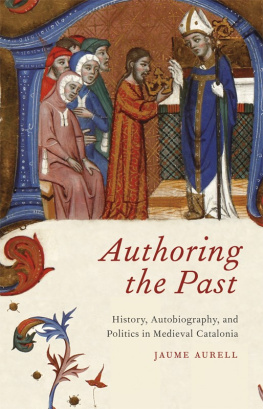
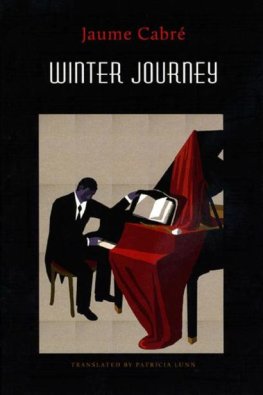

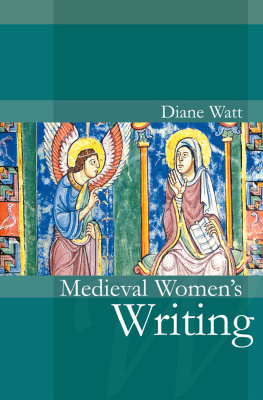
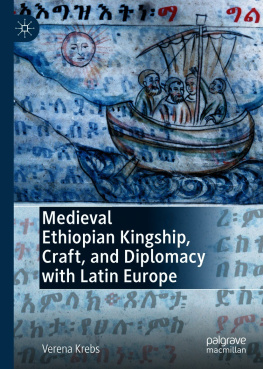

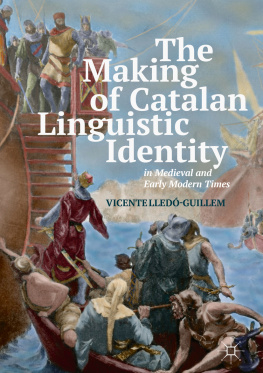

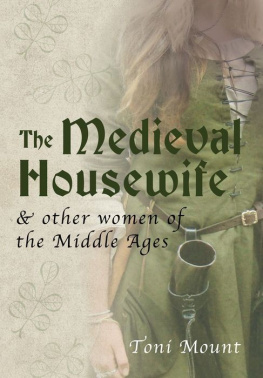

 This paper meets the requirements of ANSI / NISO z39.481992 (Permanence of Paper).
This paper meets the requirements of ANSI / NISO z39.481992 (Permanence of Paper).